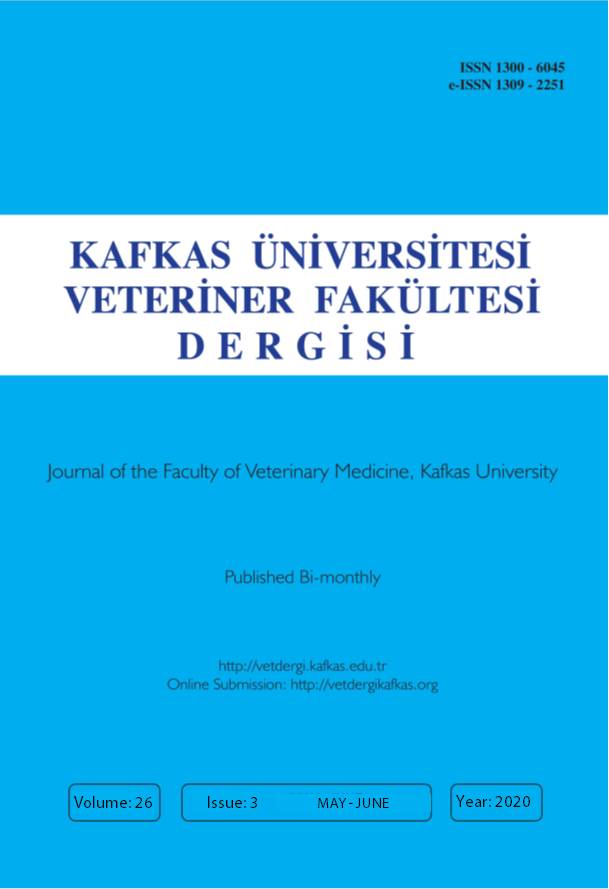
This journal is licensed under a Creative Commons Attribution-NonCommercial 4.0 International License
Kafkas Üniversitesi Veteriner Fakültesi Dergisi
2020 , Vol 26 , Issue 3
Effect of Different Preservation and Salting Methods on Some Volatile Compounds and Sensory Properties of Kashar Cheese
1Kafkas University, Faculty of Engineering and Architecture, Department of Food Engineering, TR-36100 Kars - TURKEY
DOI :
10.9775/kvfd.2019.23508
The purpose of this study was to determine the effect of different preservation and salting methods of Kashar cheese on some volatile
compounds. On the 1st, 7th, 15th, 30th, 60th, 90th and 120th days of the maturation of the samples of kashar cheese produced experimentally with
three replications volatile compounds were examined, and their sensory properties were examined on the 30th, 60th, 90th and 120th days. The
volatile compounds in cheese samples were determined by the Gas Chromatographic-Headspace method. Volatile compounds determined
by chromatographic method generally include acetaldehyde, acetone, ethanol, 1-butanol, 2-butanol, ethyl acetate, and methyl alcohol. It
was determined that the preservation period for salting method in brine is 60-120 days in terms of the sensory properties of the cheese
samples, the cheese salted in a boiler can be preserved for 90 days with waxing, and vacuum-packed cheese can be preserved for 60 days.
It was determined that vacuum packaging and wax coating with salting methods had an effect on the volatile compounds during ripening.
Keywords :
Traditional production, Kashar cheese, Ripening, Packing method, Volatile compounds










